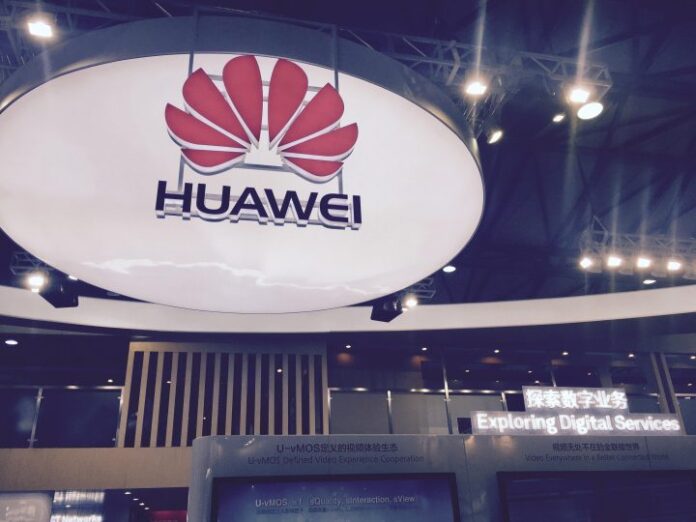The Chinese vendor said the own proprietary OS would be used as a Plan B if an eventual ban prohibits the use of Android and Windows
Chinese vendor Huawei Technologies confirmed that it has a proprietary operating systems for both smartphones and computers, which the vendor plans to use in the event of an eventual ban by the U.S. government, German publication Die Welt reported, citing Huawei’s mobile chief Richard Yu Chengdong.
Huawei started building its own operating system after a U.S. investigation into Huawei and compatriot vendor ZTE in 2012, according to a previous report by the South China Morning Post, which cited an anonymous source familiar with the matter.
Richard Yu Chengdong said that Huawei has made a backup OS for PCs and smartphones in the event that the increasing tensions with the U.S. government prevent the vendor from using Windows and Android.
“We have prepared our own operating system. Should it ever happen that we can no longer use these systems, we would be prepared. That’s our plan B. But of course we prefer to work with the ecosystems of Google and Microsoft,” the executive said.
“Huawei does have backup systems but only for use in extenuating circumstances. We don’t expect to use them, and to be honest, we don’t want to use them,” the South China Morning Post reported a Huawei spokesperson as saying. “We fully support our partners’ operating systems – we love using them and our customers love using them. Android and Windows will always remain our first choices.”
Tensions between the U.S. authorities and Huawei increased last year after the Justice Department announced criminal charges against the Chinese vendor, two affiliates in the U.S. and Iran, and the company’s CFO. A bipartisan group of U.S. lawmakers introduced bills that would ban the sale of U.S. chips or other components to Chinese vendors — including Huawei and ZTE — that violate U.S. laws. If passed, such bills would require the U.S. president to ban the export of U.S. components to any Chinese telecommunications company that violates U.S. sanctions or export control laws. The bill stipulates that penalties for violating U.S. export control laws or sanctions cannot be withdrawn until a pattern of compliance and cooperation over the course of a year proves that the practices by Chinese firms have been changed.
Also, press reports have indicated that the Trump administration may have an executive order in the works that would ban the use of equipment from Chinese vendors in U.S. telecom networks — although such an order has not yet materialized.
Last year, the U.S Commerce department had imposed an export ban which blocked U.S firms to sell components to ZTE. Due to this ban, the Shenzhen-based vendor was forced to shut down its entire operation for nearly four months.

